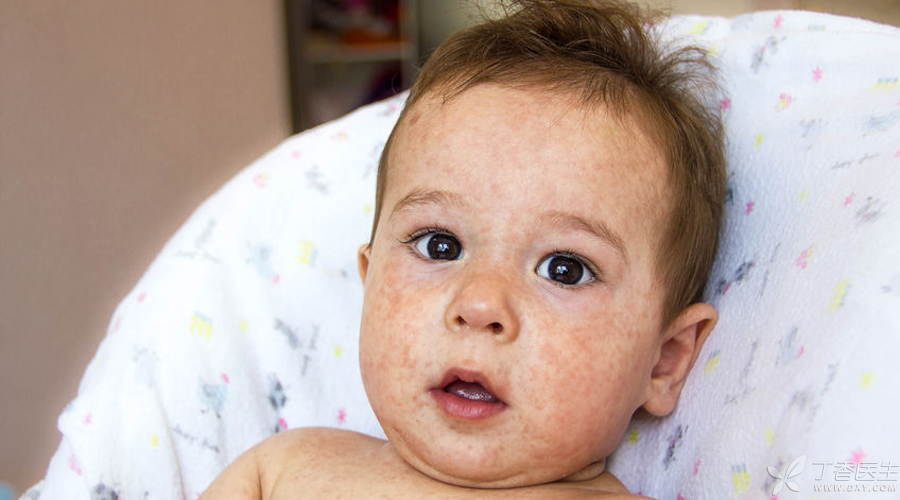
There are many babies troubled by eczema. Eczema is related to allergy, and it is always not good over and over again, which makes people anxious.
Some mothers will give their babies breast milk to treat eczema, but breast milk is really ineffective for eczema, and rubbing it on their babies’ faces will increase the burden on their skin.
1. Increasing eczema
Breast milk is easy to breed bacteria and viruses. Repeated smearing on babies is ineffective for eczema and may even lead to aggravation of eczema.
Step 2 Block pores
Breast milk contains a lot of large particulate substances such as protein and fat. The baby’s skin is delicate and metabolic. Breast milk is often smeared on the skin, which is easy to block the baby’s pores and cause sweat adenitis, sebaceous adenitis and folliculitis.
Step 3 Induce allergy
At the same time, proteins and other substances contained in breast milk may also induce allergic reactions to baby’s skin, which is not conducive to eczema recovery.
Baby eczema should do this:
Step 1 Take a serious bath
Take a bath every day or every other day to help your baby clean his skin. When taking a bath, pay attention to the appropriate water temperature, not too hot, and wash for 10-15 minutes each time. It is recommended to use low sensitivity and non-irritating shower gel. If your baby’s skin is dry, reduce the frequency of using shower gel.
Step 2 Moisturize
After taking a bath, dry your skin in time, and immediately apply moisturizers and emollients suitable for your baby’s constitution, at least twice a day.
3. Hormone therapy
Should be after consulting a doctor, follow the doctor’s advice to use hormone suitable for baby’s eczema. Baoma Baopa does not have to worry about hearing hormone. Hormones are an economical, convenient and effective method to treat baby’s eczema, and skin absorption is very small. Short-term local use of hormone will not have side effects.
